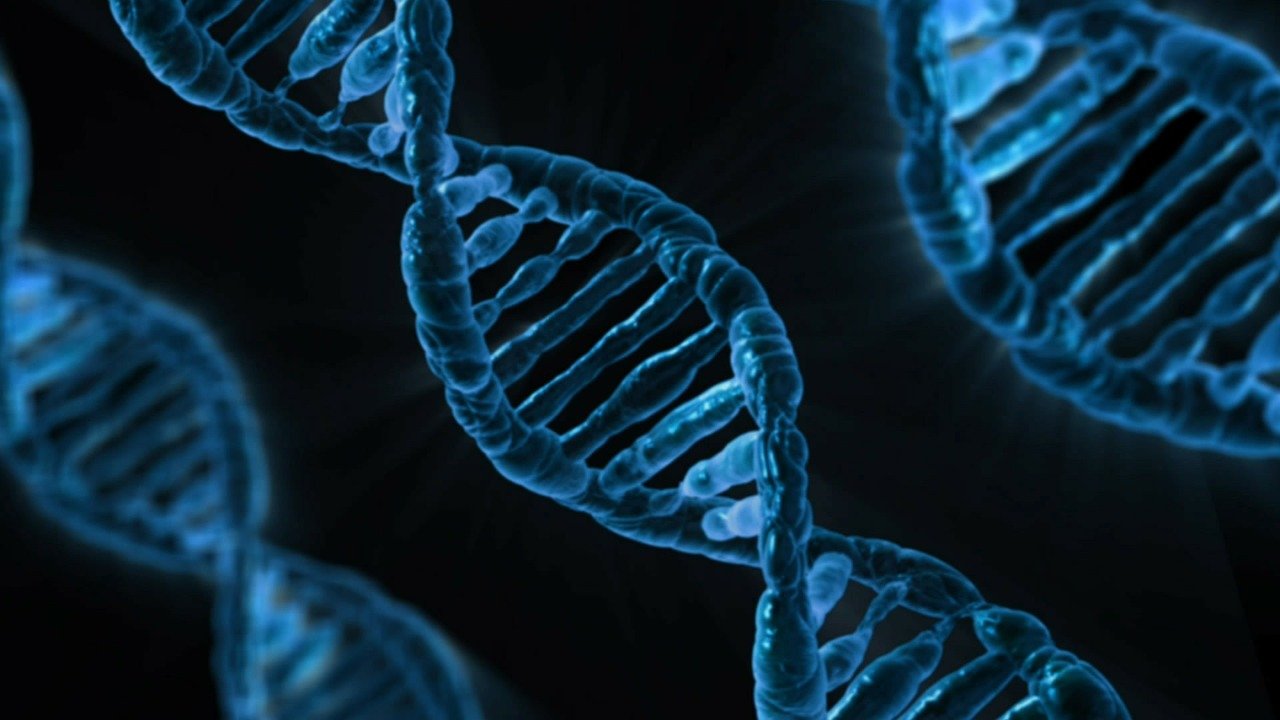Like all the other genes that control our characteristics, there are specific genes in the human DNA that controls the cell division and are important in the prevention of cancer. These genes are named as “Tumor Suppressor Genes” or “Anti-oncogenes”. Any mutation in these genes lead to cancer.
Controlled cell growth is important for the prevention of formation of tumors. When the cell’s growth controlling machinery mutates or is unable to perform its task, cell under goes uncontrolled division which further leads to tumor formation or cancer.
First Tumor Identification
The first tumor suppressor gene was identified by Henry Harris during somatic cell hybridization experiment. In this experiment, normal cells and tumor producing cells were fused together. The resulting cells contained chromosomes from both the parents. Surprisingly, the new cells were normal and did not show any signs of tumor production; suggesting the presence of some genes that may control cell division and that may have come from the normal parent cell.

Two-Hit Hypothesis
The tumor suppressor genes follow Two-Hit Hypothesis, according to which the two alleles of the gene must be damaged to show a negative effect. In other words if only one of the allele undergo mutation or is damaged, the normal allele will still be able to produce the correct protein and thus will be able to suppress the formation of tumor. This hypothesis was first proposed by A.G. Knudson while he was studying the Retinoblastoma gene. However, there are certain exceptions for the Two-Hit Hypothesis. For example the p53 protein. Any abnormal p53 protein is able to hide the function of normal p53 protein and its phenomena is termed as Dominant-Negative.
Conclusion
Most important function of the tumor suppressor genes or their products, tumor suppressor proteins, is to control the cell division or to cause the apoptosis of the abnormal cell. They are also involved in the suppression of oncogenes (genes that promote tumor formation and hence cancer). They are involved in the coupling of cell cycle to DNA damage; they actually ensure that a cell having a damaged DNA does not undergo division. If this damaged DNA is repaired, they promote cell division. In the other case, they will cause the cell to undergo apoptosis (the natural process of cell death).
